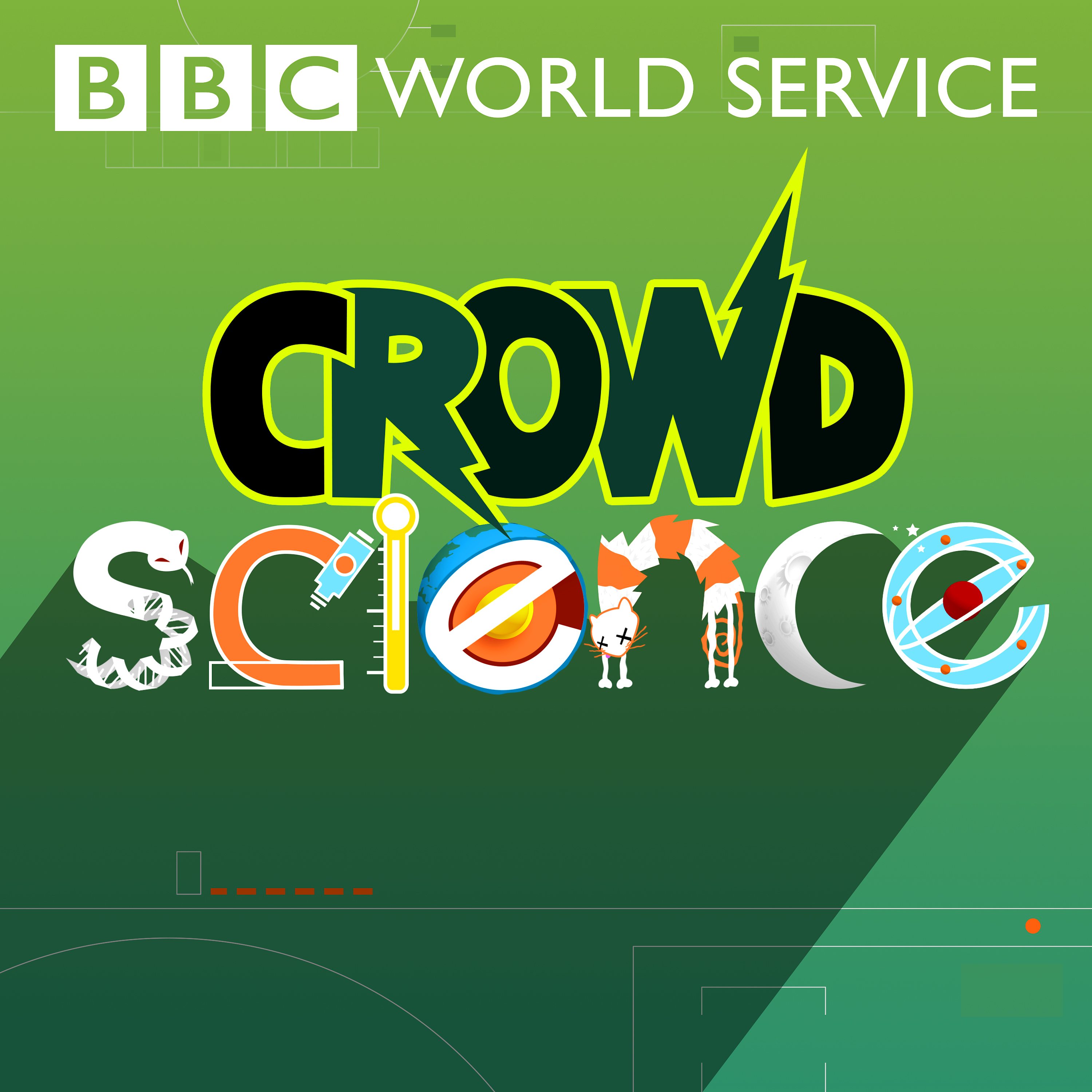
What is cancer?
CrowdScience
Cancer is the second leading cause of death in the world. Many of us will at some point in our lives be confronted with the disease – either by falling ill ourselves or through a family member or friend. For CrowdScience presenter Marnie Chesterton, the diagnosis would change her life. The range of cancer symptoms and mortality rates vary considerably. Not all cancers are fatal and in some cases, cancer ends up more like a chronic debilitating disease, resulting in patients eventually dying from some other condition. This has got listener Gill in Scotland wondering – why do we call all cancers, cancer? And when did doctors first realise that all cancers are part of the same problem? First described by the Egyptians thousands of years ago and later coined by the Greek physician Hippocrates as “karninos”, the Greek word for “crab”, cancer is ominously absent from medical literature until the late 19th century. Throughout history it has puzzled, infuriated and enticed doctors and scientists to push medical science to its breaking point. Archaeologists have recently discovered that the ancient Egyptians had a term for cancer and that remedies they used then contain compounds that are found in modern chemotherapy. As we uncover the science and history of cancer, presenter Marnie Chesterton takes us on a journey through her own experience of living with and beyond the diagnosis and we examine the promise of future treatments. Presented by Marnie Chesterton. Produced by Louisa Field. [Photo: Cancer Cell. Credit: Getty Images]Next Episodes

How did humans discover medicine? @ CrowdScience
📆 2020-02-07 22:00 / ⌛ 00:31:03

Can digital technology transform West Africa? @ CrowdScience
📆 2020-02-01 18:35 / ⌛ 00:32:21

Could we survive an extinction event? @ CrowdScience
📆 2020-01-24 21:32 / ⌛ 00:38:02

What is infinity? @ CrowdScience
📆 2020-01-17 21:30 / ⌛ 00:33:45

How low-carbon can CrowdScience go? @ CrowdScience
📆 2020-01-10 21:30 / ⌛ 00:40:52